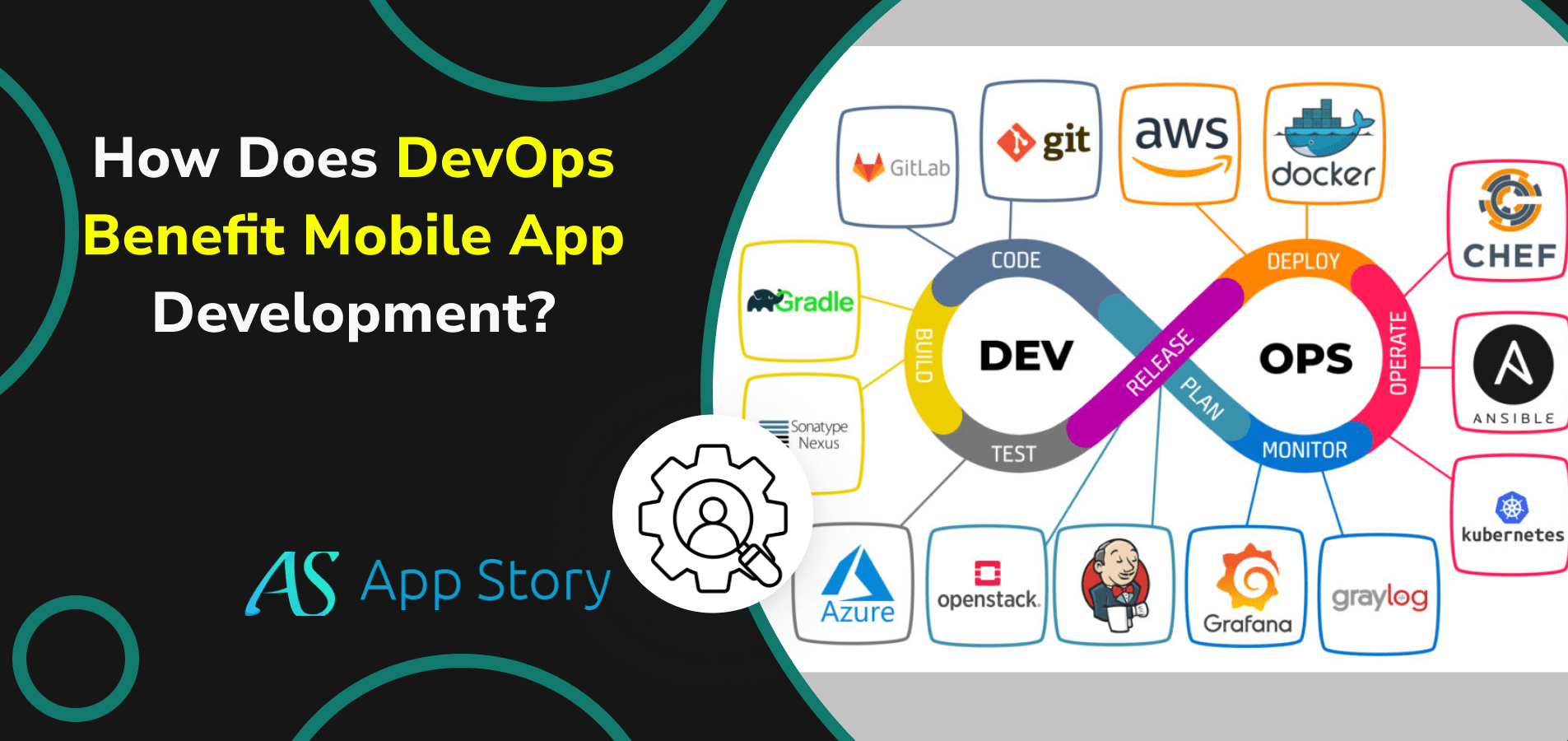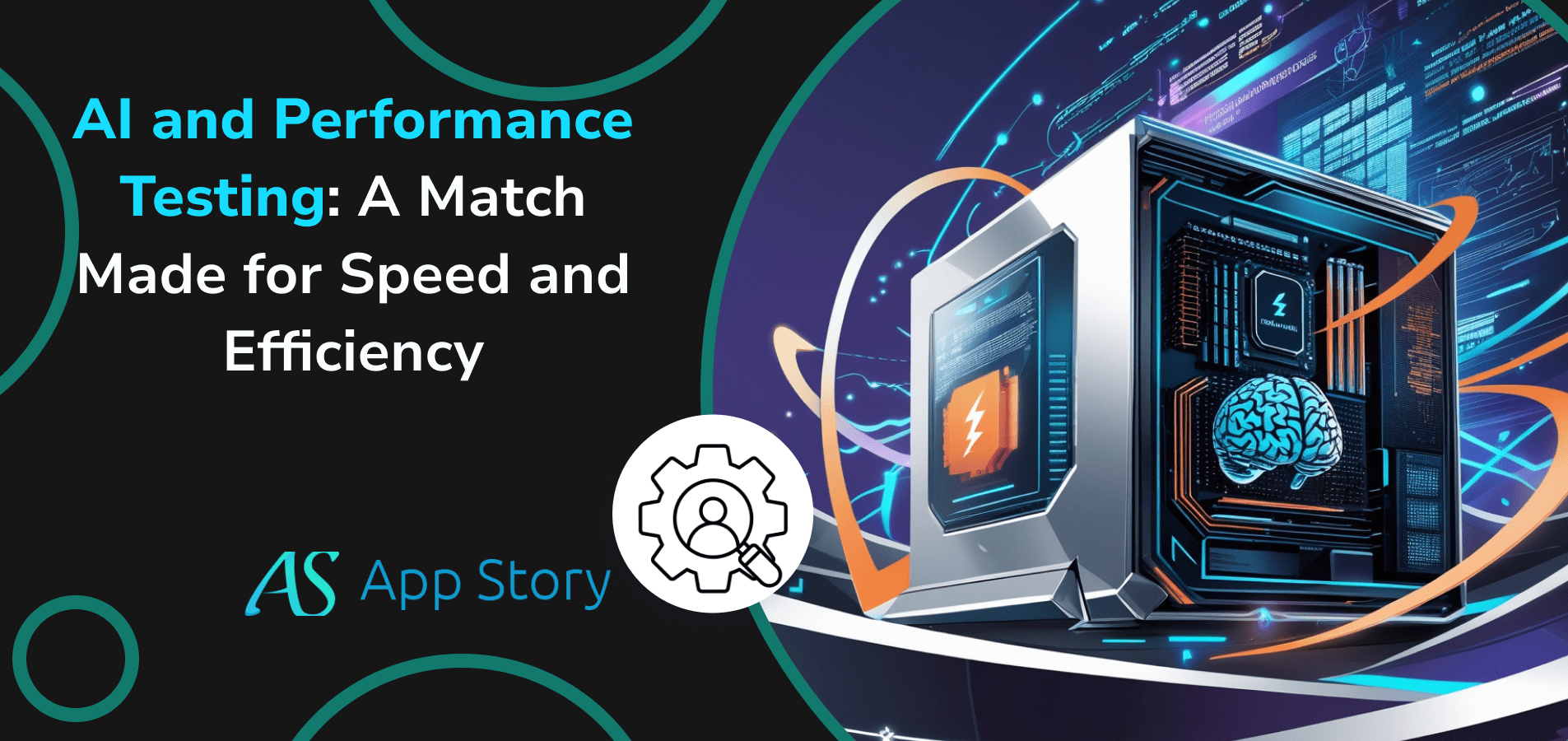The world of app development is evolving rapidly, and businesses must adapt to stay ahead. Implementing DevOps is one of the most effective ways to streamline the development process, enhance collaboration, and ensure high-quality applications. This approach integrates development and operations, allowing teams to work seamlessly to deliver better products faster.
This article will explore how DevOps benefits mobile app development and why businesses should consider leveraging DevOps Consulting Services for successful implementation.
What is DevOps in Mobile App Development?
DevOps is a set of practices that combine software development (Dev) and IT operations (Ops) to enhance collaboration, automation, and continuous delivery. When applied to mobile app development, DevOps helps teams build, test, and release applications more efficiently, ensuring a seamless user experience and faster time-to-market.
Key Benefits of DevOps in Mobile App Development
1. Faster Time-to-Market
One of the primary advantages of DevOps is its ability to accelerate the development lifecycle. Developers can automate testing and deployment by implementing continuous integration and continuous deployment (CI/CD) pipelines, reducing manual errors and ensuring faster releases.
2. Improved Collaboration and Communication
DevOps fosters a culture of collaboration between developers, testers, and operations teams. With streamlined communication and shared responsibilities, teams can resolve issues quickly and work toward a common goal, leading to better productivity and efficiency.
3. Enhanced Quality and Performance
With automated testing, monitoring, and feedback loops, DevOps ensures that mobile apps are of high quality. Regular updates and bug fixes improve the overall performance, making apps more stable and reliable for users.
4. Continuous Integration and Deployment
DevOps allows developers to integrate code changes frequently and deploy updates seamlessly. This eliminates bottlenecks in the development cycle, ensuring new features and improvements reach users faster without disrupting the app’s functionality.
5. Better Security and Compliance
Security is a critical aspect of mobile app development. DevOps integrates security measures at every stage of development, reducing vulnerabilities and ensuring compliance with industry standards. Automated security testing and monitoring help identify and mitigate risks early.
6. Scalability and Flexibility
As mobile applications grow, scalability becomes a challenge. DevOps enables businesses to scale their infrastructure efficiently, adapting to increasing user demands. Cloud-based DevOps solutions provide flexibility, allowing teams to manage resources effectively.
7. Cost Reduction
DevOps significantly reduce development costs by automating repetitive tasks, minimizing manual errors, and optimizing resource utilization. Companies can allocate resources more effectively, ensuring a higher return on investment (ROI).
How to Implement DevOps in Mobile App Development?
1. Establish a Collaborative Culture
The first step is encouraging collaboration between development, operations, and quality assurance teams. Open communication channels and shared responsibilities create a unified workflow.
2. Automate Testing and Deployment
Implement CI/CD pipelines to automate testing, deployment, and monitoring. This ensures rapid releases and consistent application performance.
3. Monitor and Optimize Performance
Continuous monitoring helps identify performance issues, crashes, and bottlenecks. Tools like New Relic, Firebase, and AppDynamics provide real-time insights to optimize mobile app performance.
4. Prioritize Security
Integrate security best practices such as automated security testing, code scanning, and compliance checks throughout development to safeguard user data and application integrity.
5. Utilize Cloud Infrastructure
Cloud platforms like AWS, Azure, and Google Cloud offer scalable DevOps solutions, enabling teams to manage resources efficiently and improve deployment speed.
Why Choose DevOps Consulting Services?
Partnering with expert DevOps Consulting Services can be a game-changer for businesses looking to implement DevOps effectively. These services provide tailored solutions, guiding organizations in automating workflows, optimizing resources, and enhancing collaboration.
Benefits of DevOps Consulting Services:
- Customized DevOps Strategy: Experts analyze business needs and design a tailored DevOps implementation plan.
- Seamless Integration: This ensures smooth integration of DevOps tools and practices into existing workflows.
- Automation and Optimization Help automate manual processes, reducing errors and increasing efficiency.
- Enhanced Security and Compliance: Implemented best security practices to mitigate risks and meet industry regulations.
- 24/7 Monitoring and Support: Continuous monitoring ensures stable application performance and quick issue resolution.
Conclusion
DevOps is transforming the mobile app development landscape by enabling faster releases, improved collaboration, and enhanced quality. Businesses looking to stay ahead of the competition should adopt DevOps for seamless development and deployment processes.





 United States
United States United Kingdom
United Kingdom India
India Canada
Canada Singapore
Singapore















![10 Benefits of the Internet of Things You Should Know [2025]](https://cdn-dkjjl.nitrocdn.com/LPyQRQuQQgeCWnCNuygqLTfDwWSgOhAI/assets/images/optimized/rev-0c6ddeb/www.appstory.org/wp-content/uploads/2025/03/ATS-10-Benefits-of-the-Internet-of-Things-You-Should-Know-2025@2x-80x60.png)




















